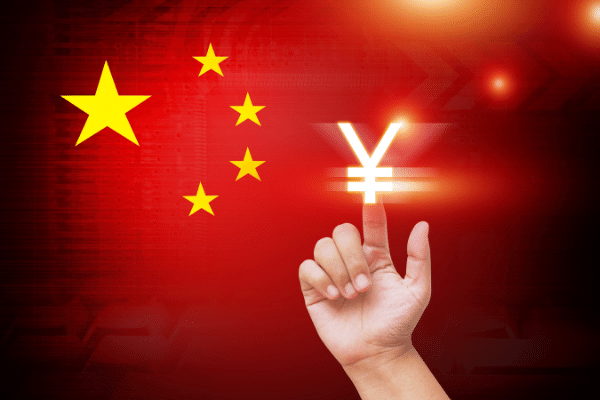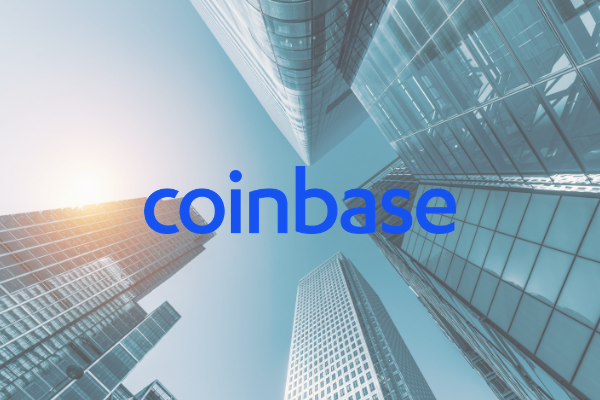5) SingularityNET (AGIX) — 35.68%
According to its globally accessible AI marketplace, SingularityNET is a blockchain-powered platform that makes it simple for anybody to produce, share, and sell AI services.
Users can browse, test, and buy a wide range of AI services through the SingularityNET marketplace using the platform’s native utility token, AGIX. Additionally, the market place serves as a venue for AI tool developers to publish and market their products while also making performance monitoring simple.
AGIX’s bullish price movement could be attributed to the rising popularity in AI-adjacent cryptocurrencies in general, as well as a tweet from the highly influential Elon Musk — which simply contains an image that displays the word “singularity”. Although AI has long been a hot topic, the increased sophistication of the technology (especially ChatGPT) has fuelled the fire even more and brought it back to mainstream attention.
4) Immutable (IMX) – 50.84%
Immutable presents itself as the first layer-two scaling option for NFTs on Ethereum. Immutable states that its blockchain overcomes Ethereum’s drawbacks, including low scalability, a subpar user experience, illiquidity, and a slow developer experience.
Users have access to instant trading and vast scalability without needing to pay gas fees in order to mint and trade NFTs without jeopardising user or asset security. Immutable uses STARK zk-rollups, a technology Vitalik Buterin believes Ethereum is “all-in” on, to do this.
On March 16, Immutable tweeted about an upcoming “legendary partnership” and the biggest utility addition for the IMX token. Judging by the video clip, it is heavily hinted that its next big upgrade and partnership could be related to blockchain gaming.
3) Stacks (STX) – 53.88%
Smart contracts and decentralised apps can use Stacks, a Bitcoin Layer, to use Bitcoin as an asset and resolve transactions on the Bitcoin blockchain. Due to its Proof of Transfer consensus and Clarity language, Stacks has access to the full Bitcoin state and can read it at any time.
The official Twitter account recently announced the rollout of Stacks 2.1 upgrade. According to its blog, the upgrade can improve Bitcoin yield through stacking, strengthen connections to other networks, make it easier for developers to link and initiate interactions between Stacks and Bitcoin, and create some essential groundwork for Subnets, which leads to increased network performance and scalability after launch.
2) Mask Network (MASK) – 78.89%
Users of the Mask Network protocol can exchange encrypted messages over Twitter and Facebook. In essence, it serves as a link between a decentralised network running on top of the internet.
Mask Network offers peer-to-peer payments and decentralised storage capabilities, as well as the ability to directly finance Gitcoin grant campaigns via Twitter. It is a decentralised portal that additionally enables users to use DApps such as crypto payments, decentralised finance, decentralised storage, e-commerce (digital goods/NFTs), and decentralised organisations (DAO) over the top of current social networks without migrating, creating what is known as a decentralised Applet (DApplet) ecosystem.
Blockchain analysis platform Lookonchain observed significant withdrawals of MASK from major exchanges, including Binance and Huobi, which immediately led to a 27% surge in value. A wallet that is thought to belong to the platform has dumped 850,000 MASK.
1) Conflux (CFX) – 124.73%
Conflux (CFX) has been consistently bullish since the beginning of the year. CFX’s value has increased by more than 130% in the previous seven days, and it is now priced at $0.45 per token for the first time since September 2021. CFX’s market capitalization surpassed $1.2 billion.
CFX rose to prominence this year after integrating with Xiaohongshu, the Chinese equivalent of Instagram. A major announcement from China Telecom regarding the launch of SIM cards with Conflux Network’s blockchain technology has also bolstered the token’s growth.
Conflux provides a significant advantage for enterprises developing and expanding across Asia, connecting decentralised economies to strengthen the global DeFi ecosystem. Conflux is China’s sole regulatory-compliant, open, and permissionless blockchain.



